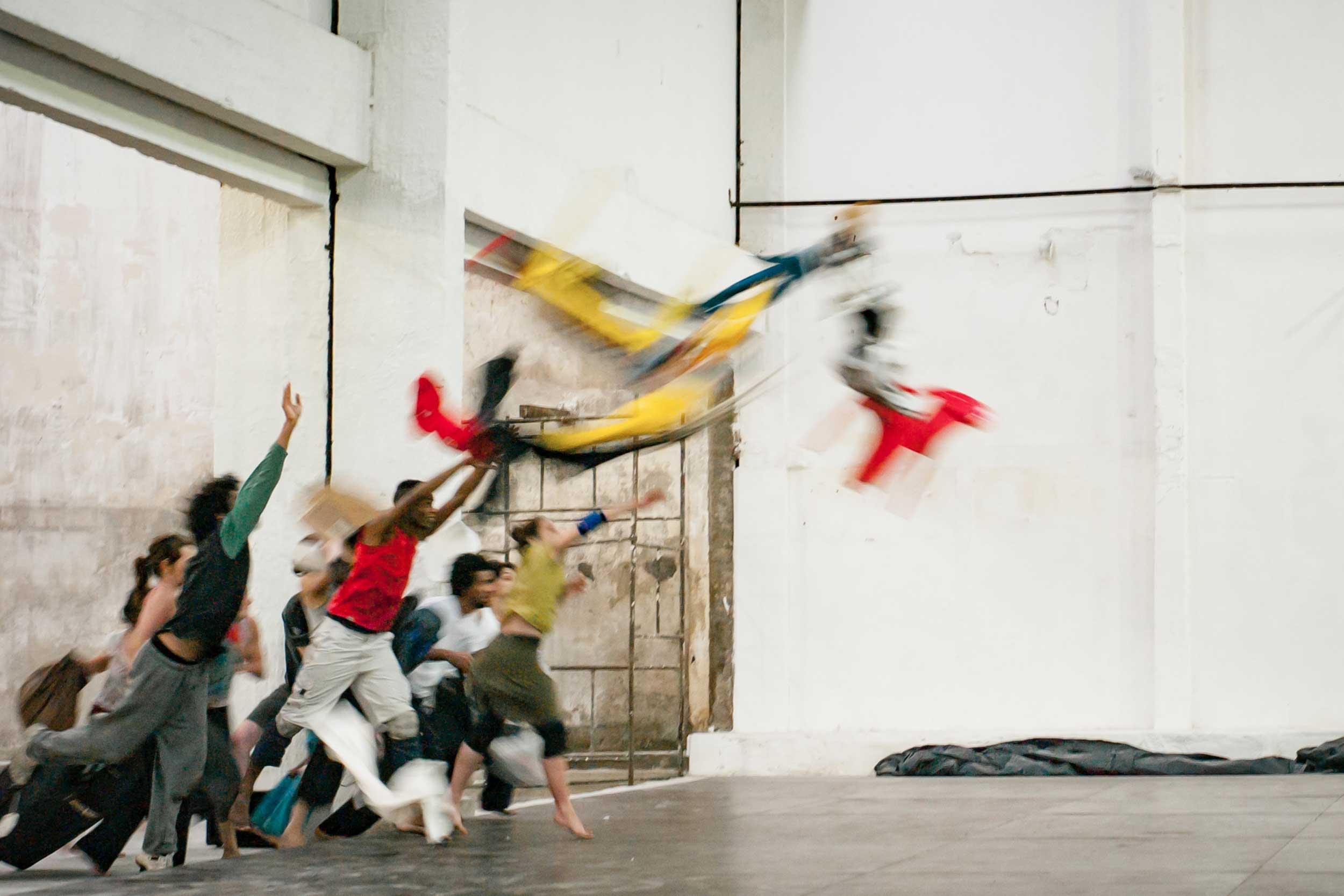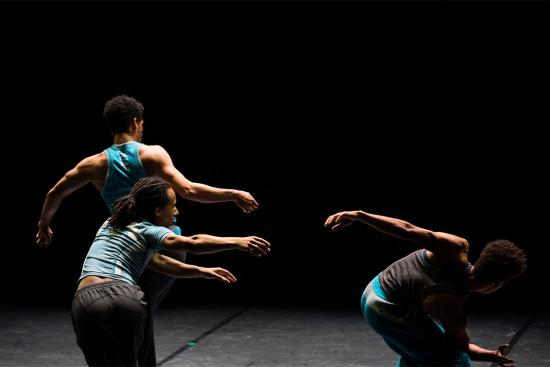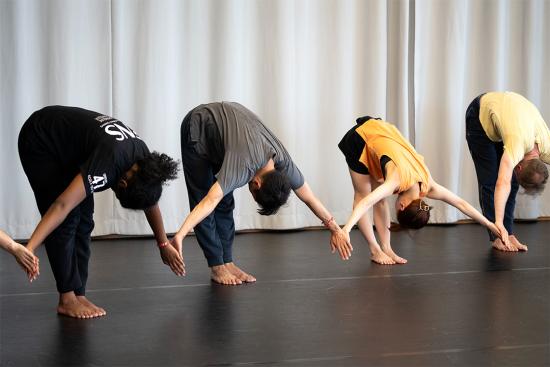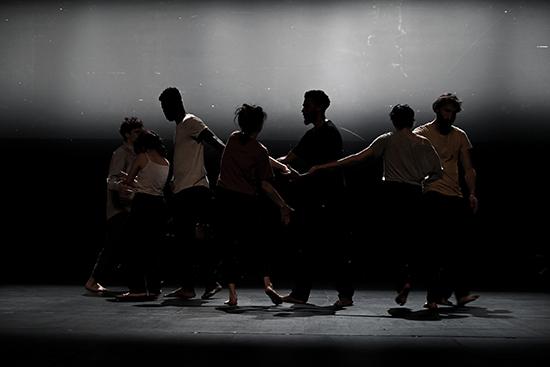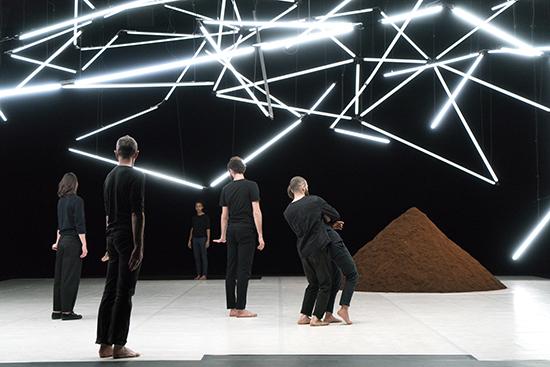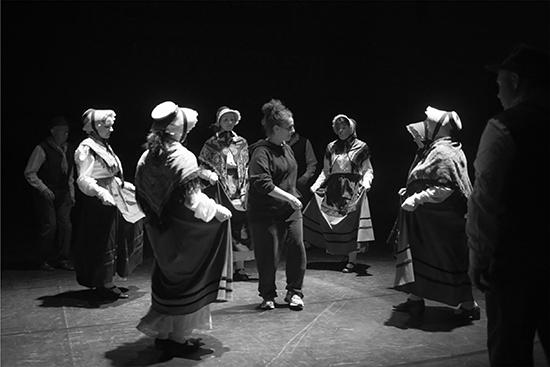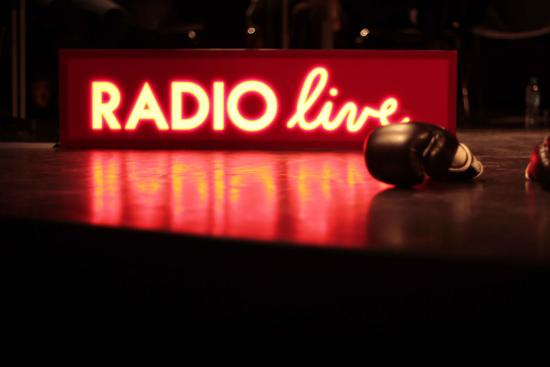In an unusual format, this Portrait functions as a kind of utopian, imaginary museum devised by Lia Rodrigues, who says: “I imagine this Portrait as a mosaic, as a collage.” Alongside presentations of two of her previous works (Fables à la Fontaine and Nororoca) and a new piece (Encantado), the choreographer has taken on the role of programmer to propose a selection of works by those who extend her choreographic research in their own practice.
The Portrait of Lia Rodrigues thus includes a constellation of pieces by Brazilian artists, to be presented across the Paris region. Calixto Neto, Marcelo Evelin, Volmir Cordeiro, Marcela Levi, Cristina Moura, Ana Pi, Renata Carvalho and Gabriela Carneiro da Cunha have all undertaken singular artistic journeys from Brazil to the international scene, and Rodrigues invites us to (re)discover their work through this rich collective programme.
A final section of the Portrait is dedicated to the Escola Livre de Dança da Maré, which was founded in 2011 by Rodrigues and the charity Redes da Maré. Encounters with dancers and educators from the school, film screenings and exhibitions together offer an immersive insight into this unique creative space, which has quickly become synonymous with hope and resistance to social inequalities. Lia Rodrigues reminds us that “more than ever, it is essential that we show diversity is essential if we are to find other ways of being in the world”. To this end, her Portrait aims to be “a strong political and ethical proposition that comes at a time when the world is at a tipping point”.
As part of its long-term partnership with the Festival d’Automne à Paris, the Fondation d’entreprise Hermès is naturally lending its support to this socially engaged programme, which offers a deep insight into the work and activism of Lia Rodrigues, and in particular the Escola Livre de Dança da Maré, which the Foundation has accompanied since its founding in 2011.
